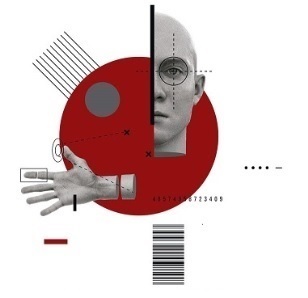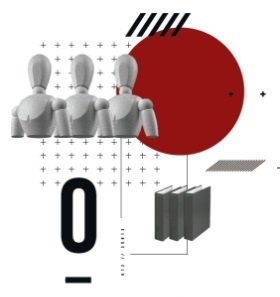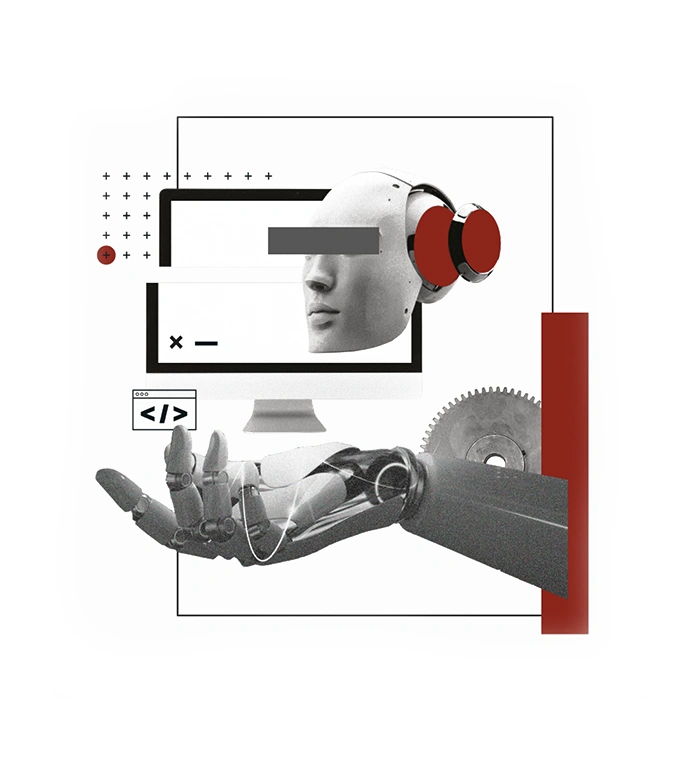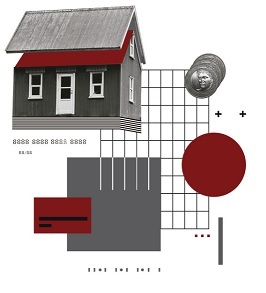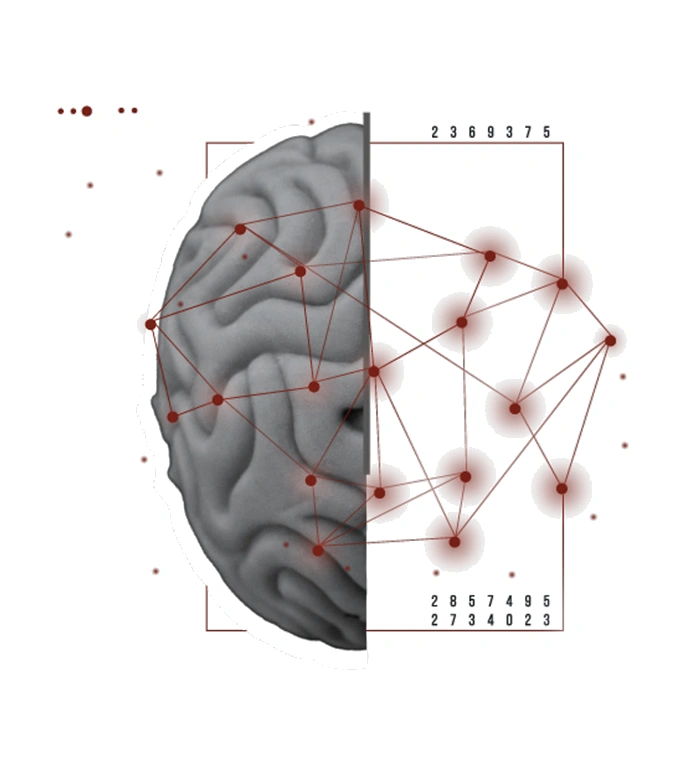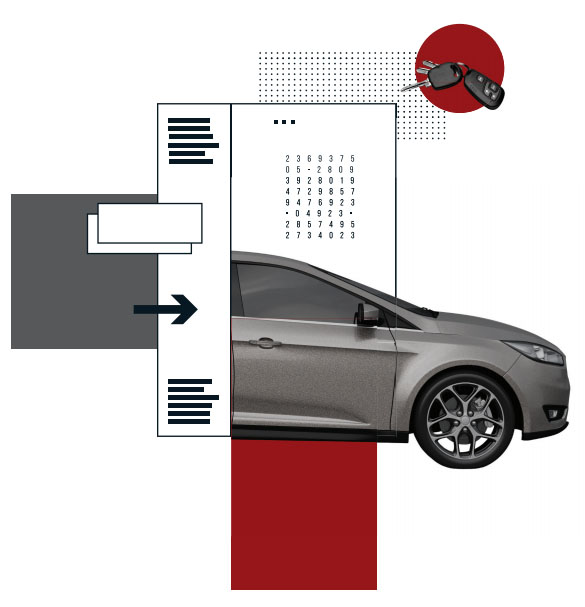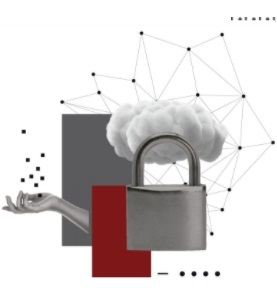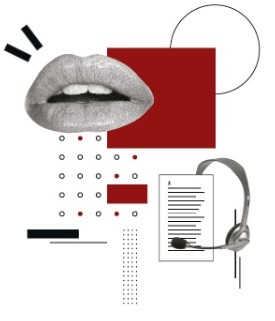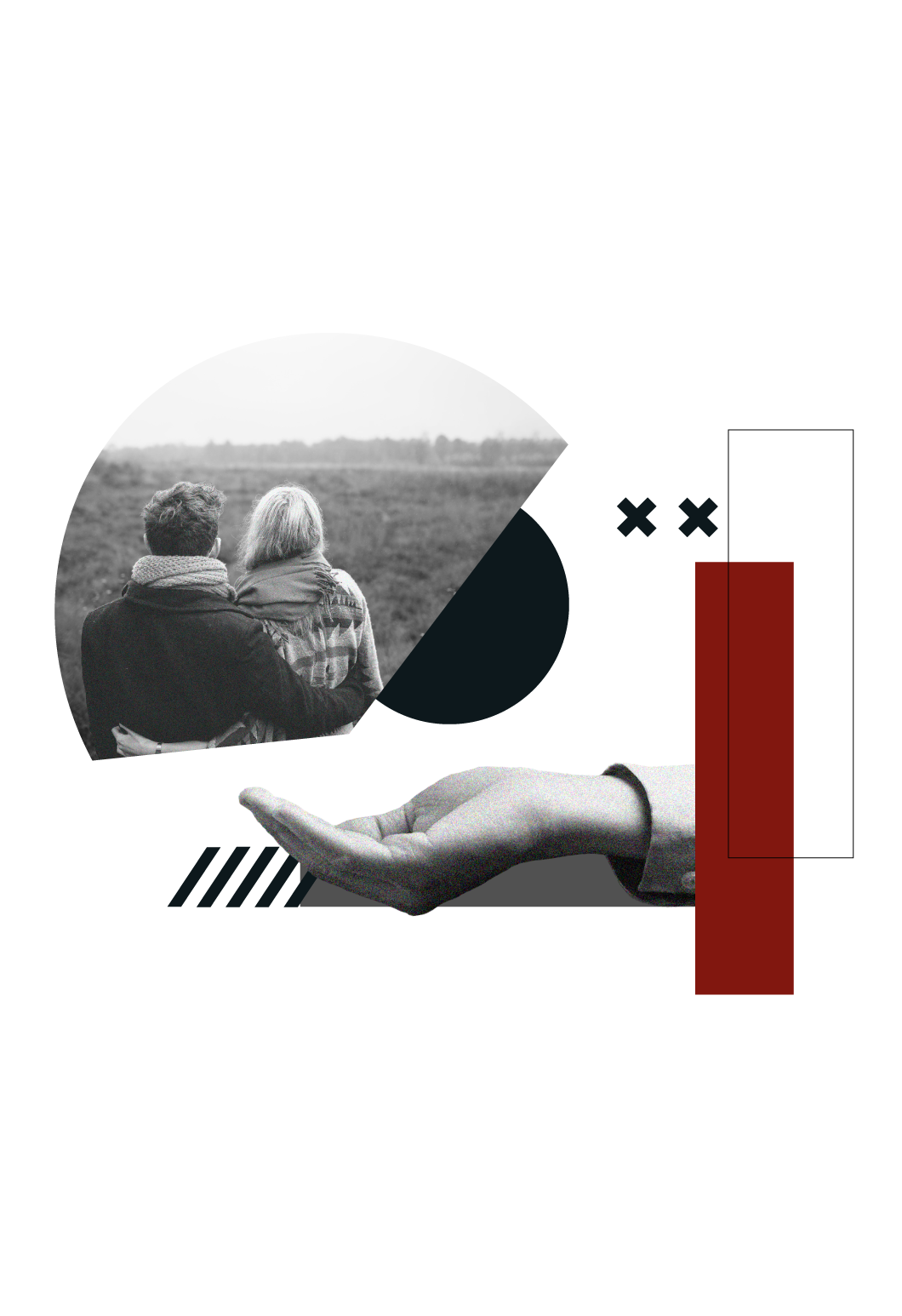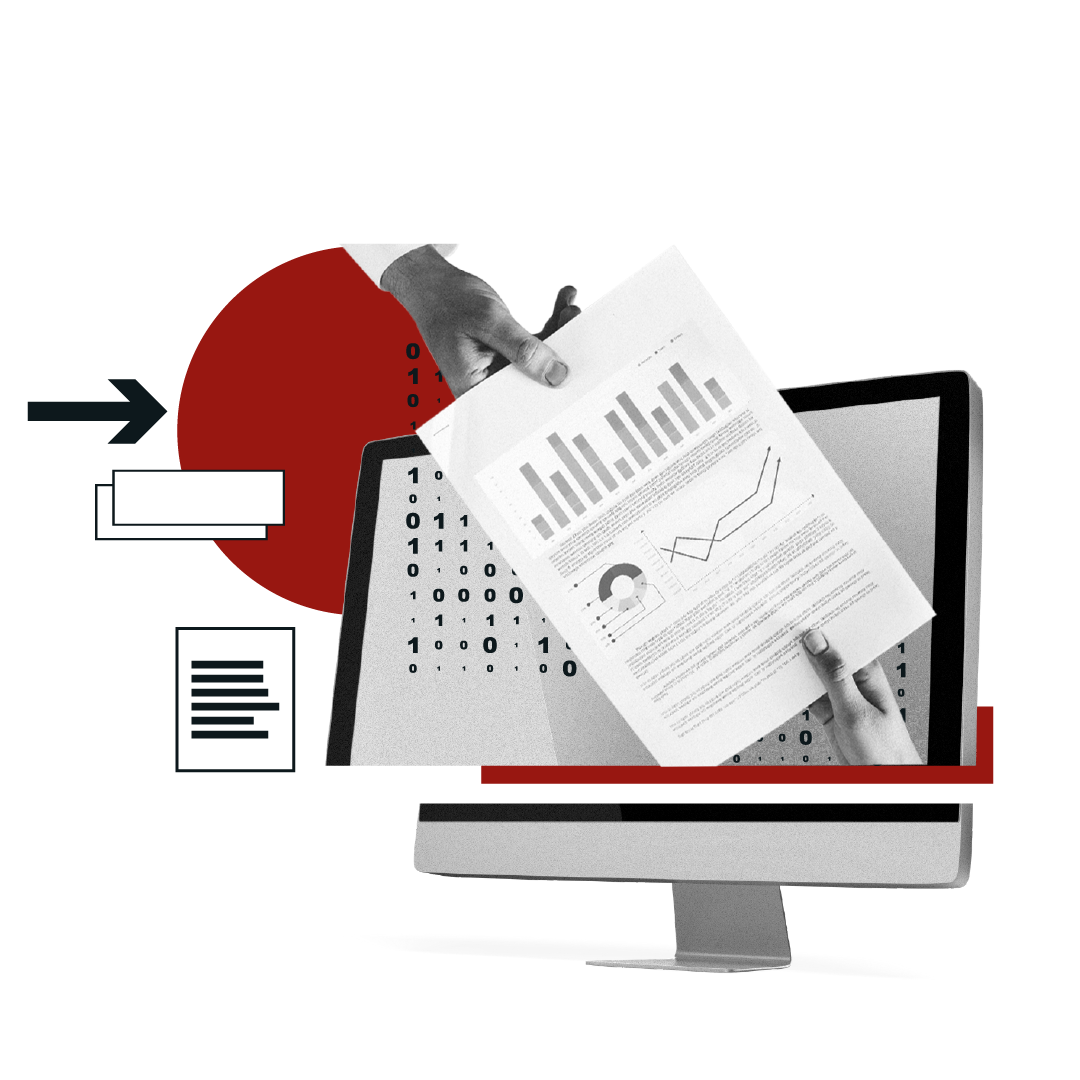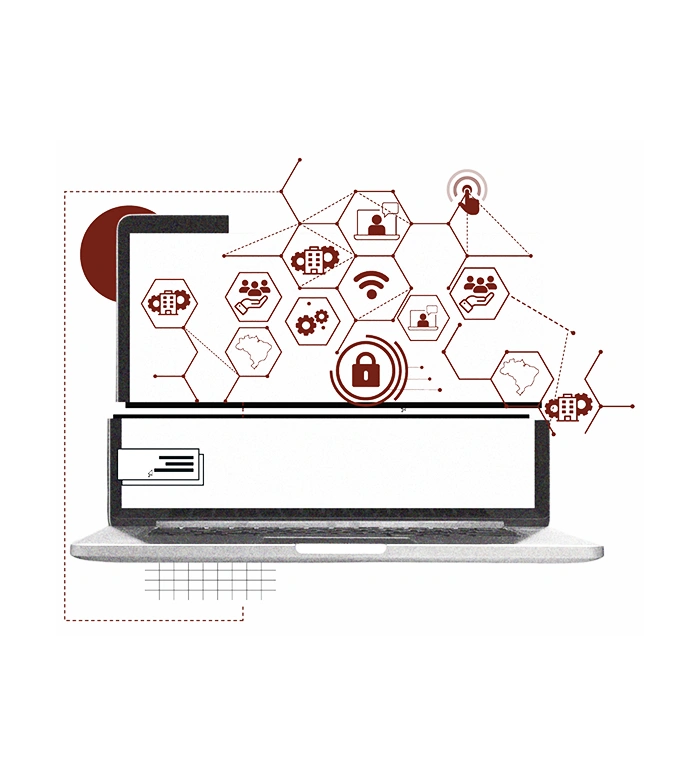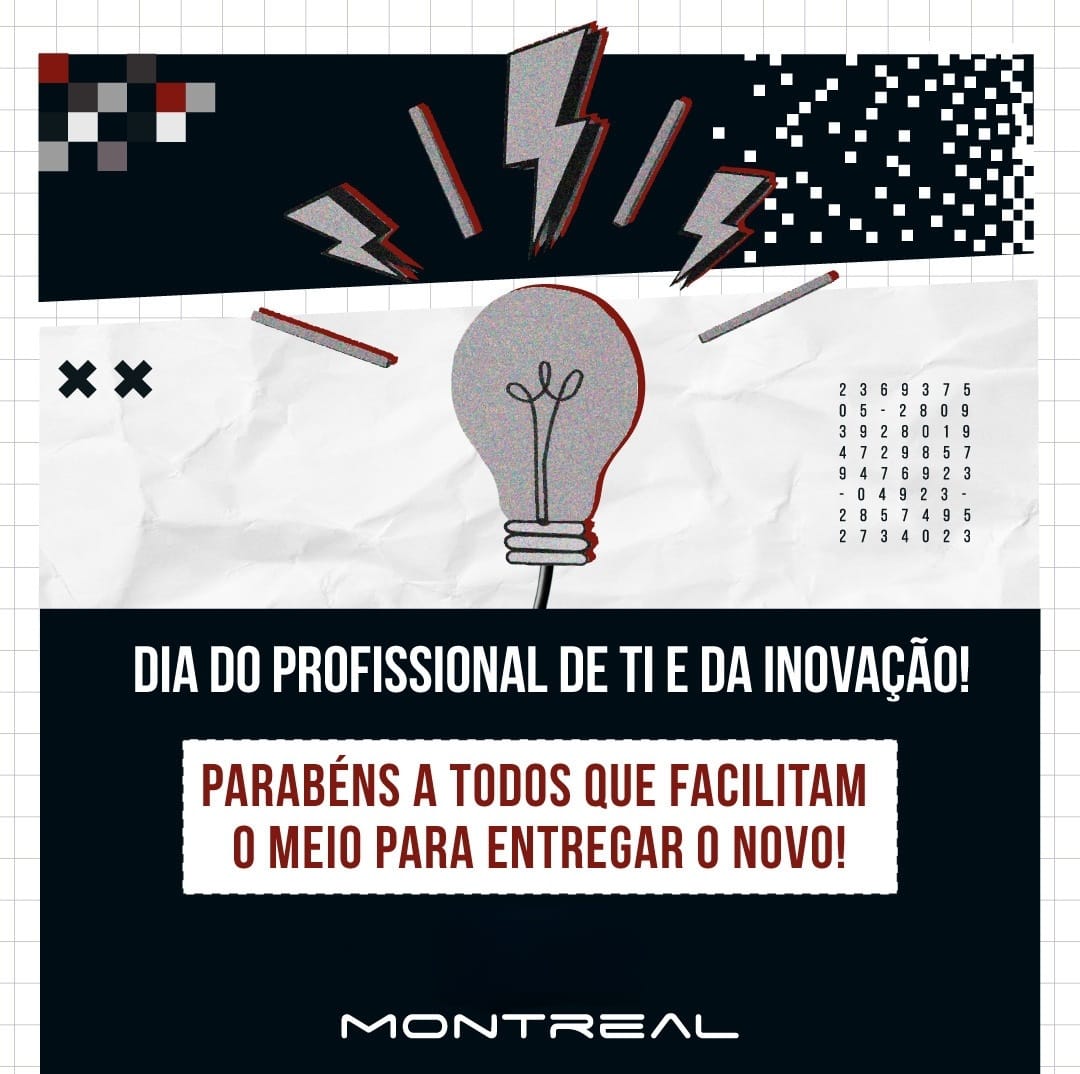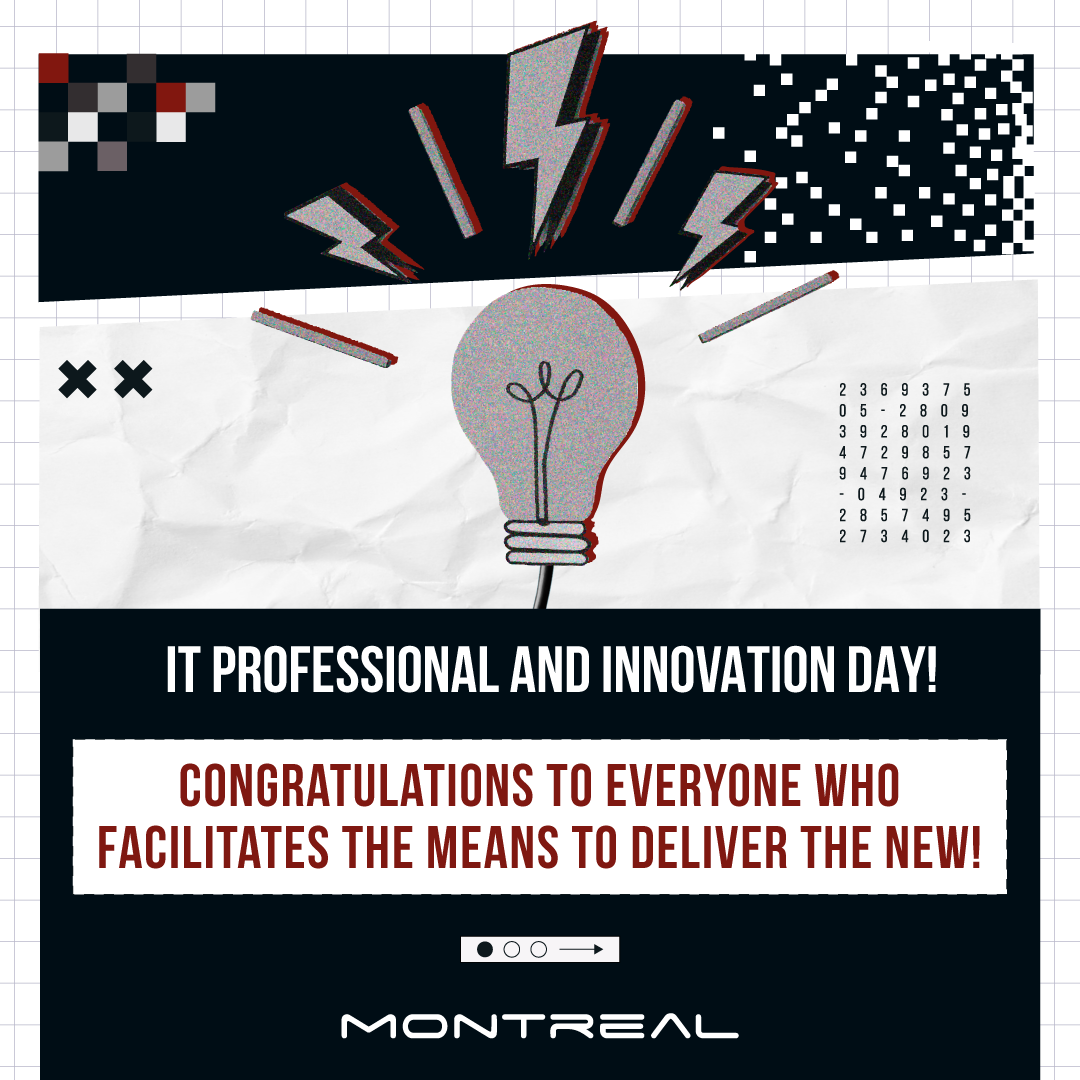The “Metaverse for Defensive Driving” project, developed for Copasa's Logistics and Supplies team in a partnership between Montreal and Haus, brings an advance in defensive driving training, using VR (Virtual Reality) to simulate the dynamic urban environment of Belo Horizonte.
A fusion of technology and education has made it possible to radically transform the way drivers perceive, learn and practice road safety. As a result, this innovative integration actually provides a more effective and engaging experience for everyone involved.
The innovative tool improves the skills of Copasa drivers by simulating, through a virtual scenario, the complexities of real traffic, including interactions with pedestrians and navigating a wide range of conditions.
Currently, “Metaverse for Defensive Driving” has already been developed and has been demonstrated to customers. Training and installation of the software for actual use will take place shortly.
Benefits:
The simulator prepares drivers with advanced defensive driving skills, improving their ability to anticipate and react to potential dangers. By providing a controlled environment for training, the tool eliminates the risks associated with practical learning on public roads.
Learn about some of the benefits:
- Safety Promotion: Reduces the potential for accidents by training drivers to drive more safely and consciously;
- Improving Risk Perception: Refines drivers' ability to identify imminent risks, contributing to more informed and agile decision-making;
- Cost Efficiency: Minimizes operating expenses related to accidents and vehicle maintenance, as well as potentially positively influencing insurance costs;
- Engagement and Retention: Immersive technology facilitates deeper and more engaged learning, resulting in superior knowledge retention;
- How it works: The simulator uses VR technology to create an interactive environment where drivers use realistic controls to navigate scenarios that mirror everyday traffic challenges. Instant feedback and detailed post-session analysis allow for an accurate assessment of performance, identifying areas for continuous development.
The project not only reflects Montreal Informática and Haus' commitment to innovation and excellence in training, but also reaffirms their contribution to road safety and operational efficiency.
Therefore, this initiative really demonstrates a significant advance in the technology applied to traffic, consequently resulting in notable improvements for the community.
Want to keep up to date with all the latest news from Montreal? Follow our latest news and don't forget to follow us on Instagram and LinkedIn!
